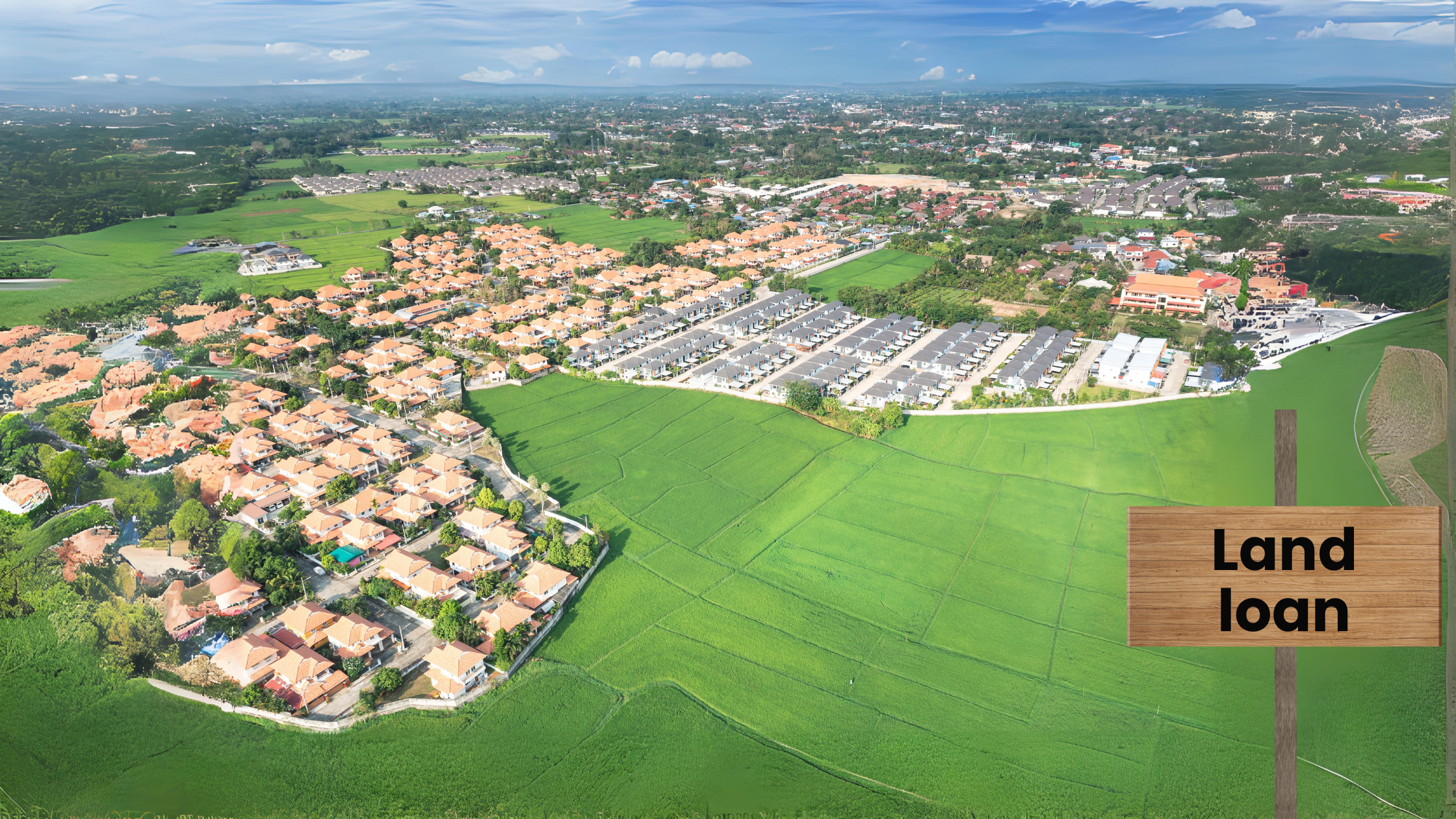Are you thinking of investing in Tennessee farmland? It might be a good fit if you are interested in agriculture and livestock.
Tennessee’s favorable climate and topography make it a lucrative state for farmers and commercial real estate investors who find the right location at the right price.
While Tennessee’s land market might be tempting, slow and steady wins the race when searching for lucrative farmland opportunities. You also need a land loan with favorable terms to maximize your venture’s profitability.
Land investment opportunities in ‘The Volunteer State’
Tennessee’s farmland has steadily risen in price over the past twenty years. According to the latest publicly available data, the average cost per acre has increased by 4.1% annually, or $2,610 per acre, over the two-decade period.
This is not surprising. The state boasts a robust agricultural sector with 69,983 farms spread across 10.8 million acres. This vast area represents a significant portion of Tennessee’s land — covering 41% of the total.
Field crops like soybeans, cotton, and corn generate the primary revenue, bringing in a total of $2.2 billion annually.
However, livestock and poultry are key players that shouldn’t be overlooked. These sectors combined generate $1.6 billion in sales and continue to contribute significantly to the state’s agricultural economy.
When it comes to US farmland rankings, Tennessee is in the mid-range. It ranks 19th in terms of farmland prices per acre ($3,528), 23rd in terms of farmland rental rates per acre ($89), and 24th in terms of farmland capitalization rates (2.3%).
Types of land loans in Tennessee
Lenders typically categorize land into three types when evaluating land loans in Tennessee:
Raw land loans—
This option applies to undeveloped land lacking basic amenities like plumbing, electricity, and road access. While the initial cost might be lower, future infrastructure development expenses can add up significantly. Given the higher risk of raw land, lenders often require substantial down payments.
Unimproved land loans –
This category represents a step up from raw land. Unimproved land might have access to essential utilities but require additional infrastructure like sewer and electrical connections.
These properties can be good options for investors willing to invest in some development before reaping the benefits of a fully operational farm.
Improved land loans—
As the name suggests, improved land already has the necessary infrastructure for construction, including paved roads, electricity, water, and telephone connections.
It’s the most expensive option but the easiest to secure financing with a land loan in Tennessee. The existing infrastructure reduces lenders’ perceived risk.
Pros and cons of land loans in Tennessee
Land loans offer unique advantages but also come with challenges to consider.
On the plus side:
- Land loans allow you to construct and improve property according to your specifications.
- Are you still waiting to be ready to build? No problem. Land loans in Tennessee are suitable for borrowers who plan to delay construction. You can secure the land and focus on building later without the immediate pressure to develop.
- These loans can be refinanced into construction loans when you’re ready to build, followed by a traditional commercial mortgage once your structure is complete. This staged financing approach allows you to enjoy some flexibility throughout the development process. However, there are downsides to consider:
- Land loans can be more problematic to find compared to traditional mortgages. Fewer lenders offer them, so you should shop more for a suitable option.
- Qualifying for a land loan in Tennessee can be more challenging than securing a regular mortgage loan. Lenders tend to have stricter requirements regarding the borrower’s creditworthiness and financial stability.
- Land loans often have higher interest rates and down payment requirements than traditional mortgages, which can increase overall financing costs.
- Be prepared for potentially shorter repayment periods (and therefore higher monthly payments) than a typical mortgage. Some land loans also include a balloon payment—a sizeable one-time sum due at the end of the loan term. If this applies to your loan, you must carefully plan your financial strategy to ensure you have the funds available to cover this payment without compromising your other financial obligations.
How to get approved for a land loan in Tennessee
Only a few lenders offer loans for land purchases. The easiest way to find these lenders is to consult a commercial real estate financing company that offers agricultural loans. They can help you compare lenders’ interest rates, fees, and terms to get the most favorable deal.
You also need to prepare thorough documentation and a solid financial plan. Before you apply, make sure to:
- Define the land’s purpose. Lenders want to know how you plan to use the land before they approve a loan. Develop a detailed development plan if you intend to wait to start construction. This document should clearly show how you plan to develop the property and how you will manage payments.
- Understand the zoning laws in the area to identify any potential obstacles to building on your land. Assess your credit score and work on improving it if it falls below 700, which is the minimum for some lenders in this space.
- If your credit score falls below the minimum required by traditional lenders, you may still be able to get a land loan from alternative funding sources, depending on your goals.
For example, complex and bridge money loans make sense if you’re looking for short-term financing to quickly purchase property before securing long-term funding or planning on improving or flipping the land to increase its value.
You may also use stated income loans if you have significant income but need help documenting it traditionally or if you’re self-employed and your tax returns must accurately reflect your current earnings.
Contact Private Capital Investors to explore your options for land loans in Tennessee. We offer complete financing solutions for commercial properties, including farms operated for profit and agricultural land investments.





